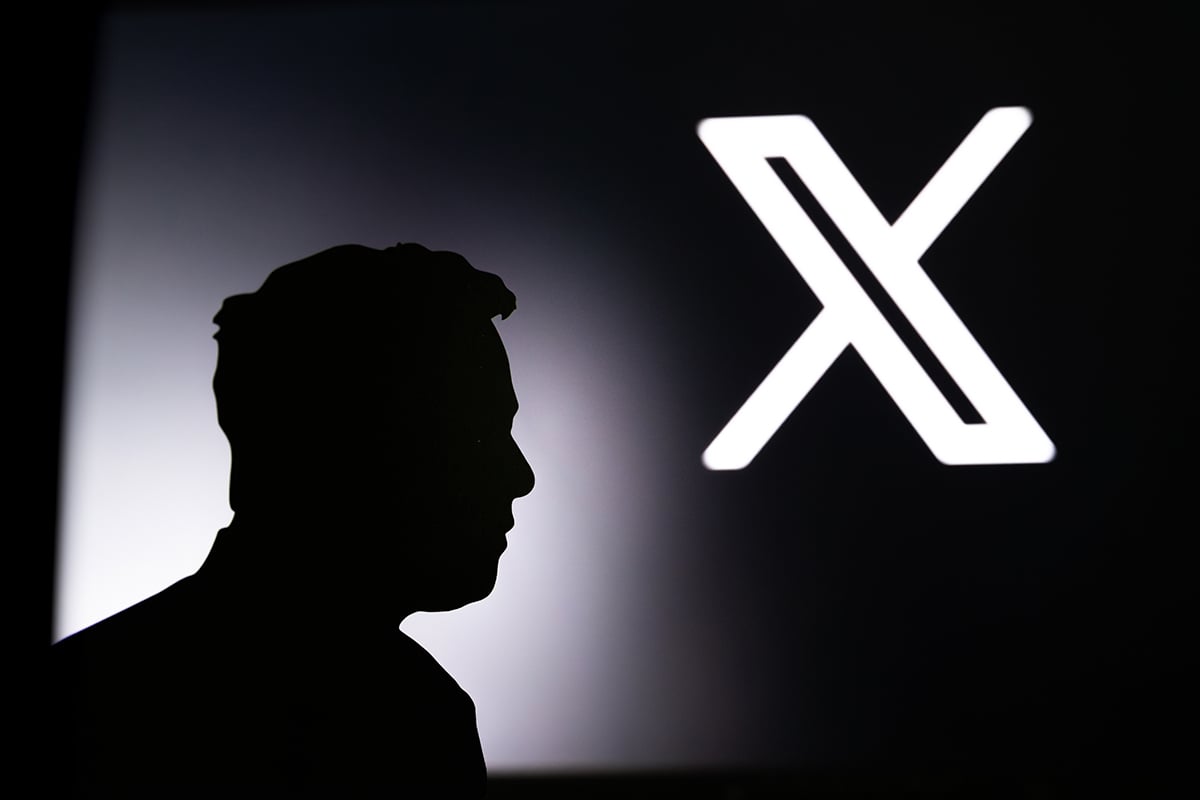Elon Musk’s confrontation with Brazilian Supreme Court Justice Alexandre de Moraes has intensified, as Musk sharply criticized the judge amid threats to suspend X, the platform formerly known as Twitter, within Brazil. This dispute, focused on free speech and allegations of spreading disinformation, has heightened tensions between Musk, a leading figure in the tech industry, and a key judicial authority in Brazil.
The clash began when Justice de Moraes ordered Musk to appoint a new legal representative for X in Brazil and address any unresolved fines within a strict 24-hour window. Failure to do so, de Moraes warned, would lead to the suspension of X’s operations in Brazil. Musk, known for his candid approach, responded by attacking the judge on social media, accusing him of acting like a dictator under the guise of a legal authority. Musk also vowed to disclose the judge’s demands and relevant court documents, escalating the conflict.
Brazil is a vital market for social media platforms like X, with around 40 million users accessing the platform monthly, representing nearly 18% of the nation’s population. Given its popularity for news, communication, and social interaction, the suspension of X would have significant repercussions, making this legal battle highly consequential.
At the heart of this conflict are contrasting perspectives on free speech and the regulation of information. Justice de Moraes has accused certain X accounts of disseminating disinformation, prompting him to instruct X to block these accounts. In retaliation, X, under Musk’s leadership, announced plans to shut down its operations in Brazil and dismiss local staff, citing censorship orders from de Moraes as the catalyst. The company presented this move as a protective measure for its employees.
Musk and his company argue that de Moraes’ orders violate legal norms and circumvent due process. X’s Global Government Affairs team has labeled the judge’s actions as unlawful and suggested intentions to publish all related court documents to clarify the situation. X maintains that its Brazilian employees are not involved in content moderation decisions, making the legal threats against them unfair and unjustified.
The Brazilian Supreme Court has maintained a proactive role in this conflict, with statements from de Moraes being publicly shared through its official X account. A recent statement, issued on a Wednesday, gave Musk until the following Thursday to comply with the judge’s orders. This public approach by the court underscores its determination to uphold its mandates and tackle disinformation, a pressing issue in the digital era.
Despite the closure of its local offices, X has affirmed that it will continue to provide its services to Brazilian users. Musk expressed regret over the necessity to halt operations in Brazil, attributing the situation to de Moraes’ actions. Musk claimed that fulfilling the judge’s demands would require X to break laws in Brazil, Argentina, the United States, and under international legal frameworks. Thus, Musk argued, the only viable solution was to withdraw the company’s physical presence in Brazil while keeping the platform accessible online.
This legal confrontation highlights the broader challenges global tech companies face in adhering to varied legal and regulatory environments. It also brings to the forefront ongoing debates about balancing free speech with the need to combat disinformation, a contentious issue in the current media landscape. As social media platforms play a growing role in shaping public opinion, the ethical and legal responsibilities of these companies remain a hot topic of discussion.
Musk’s decision to confront de Moraes and draw public attention to what he considers judicial overreach illustrates his commitment to opposing censorship. The outcome of this high-stakes legal battle could have far-reaching implications for how technology companies operate across different legal jurisdictions and respond to governmental demands on a global scale.







